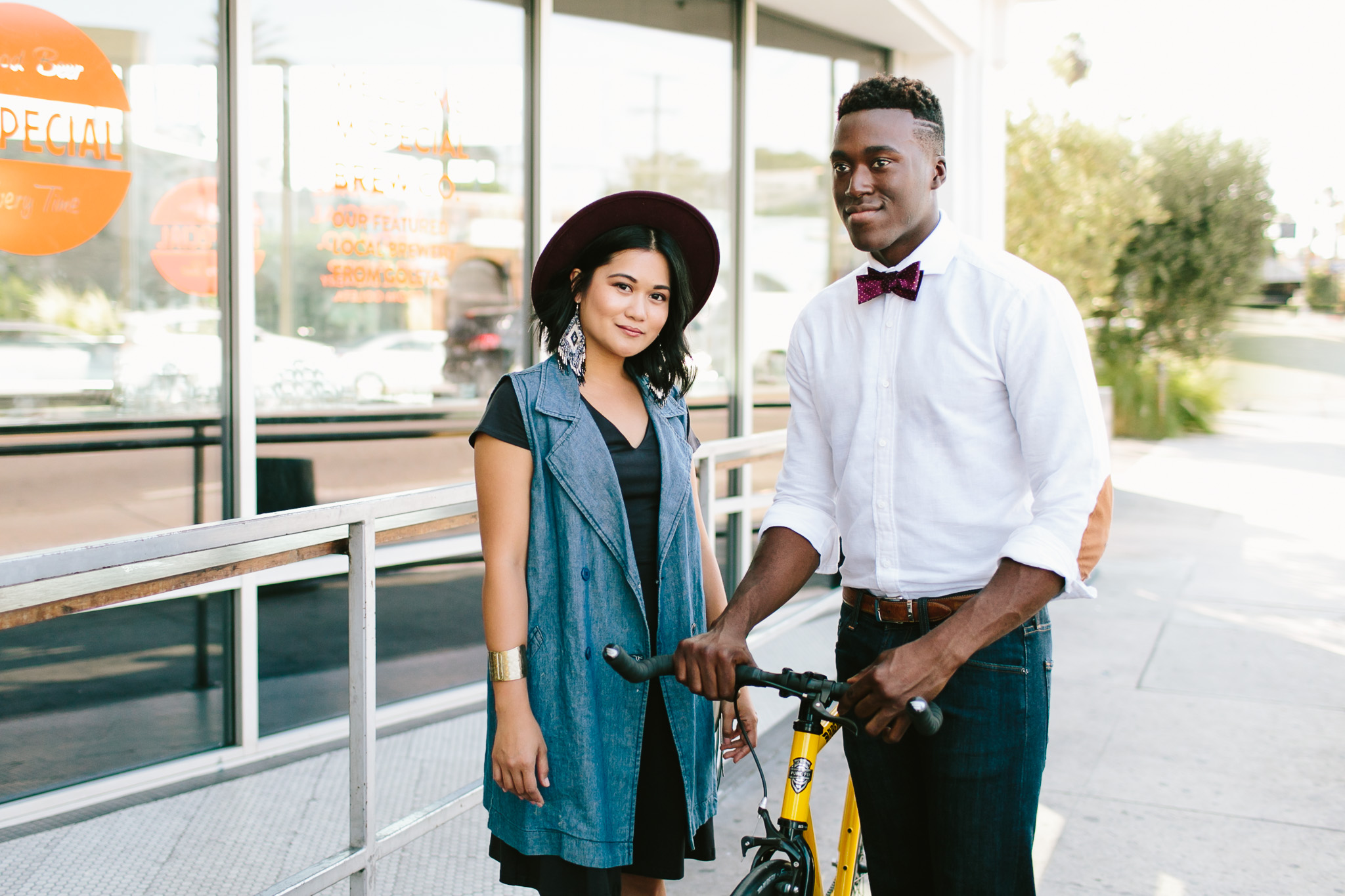Defining the Grey Areas of Consent
#MeToo – two words that have changed their course of meaning in the past year.
I start and end my day scrolling through social media. I swipe, like, comment, and browse on my work breaks and during awkward situations when I am waiting on a friend to come back from the bathroom. So, when I picked up my phone one morning and saw countless #MeToo's – I couldn’t believe it. From close friends, family members, co-workers and past classmates, all these people had been robbed of a choice. A choice of saying “no”.
For those unfamiliar with the #MeToo Movement – it’s a nonprofit founded by Tarana Burke who created a community of “Silence Breakers” to stand up against sexual violence and harassment. The #MeToo movement went viral on social media in October of 2017 by those who had survived traumatic experiences.
From close friends, family members, co-workers and past classmates, all these people had been robbed of a choice. A choice of saying “no”.
It emphasized the volume of sexual harassment and assault that exists in the world today. 2018 is off to a good start on redefining what consent looks and sounds like. It’s empowering to hear women stand up, openly speak about their situation, and confront their perpetrator. They radiate bravery. What they went through- no matter the degree- they were silenced and undervalued. My hope is this movement will propel into a change and not just be a social engagement that came and went.
The #MeToo and Time’s Up Movements are amazing grassroot organizations that are working hard on vocalizing the degree of this issue. By no means do I want to minimize the stories of suffering celebrities who have shared. They are utilizing their platform and I believe that strength has provided a sense of comfort to those who internalized their hurt in fear. However, I want to focus on those that aren’t given a microphone, stage, and camera. I want to bring attention to those who fear if they speak up, they will lose the only job they could find. Those that have no choice, but to bury it or continue to endure it, because they can’t find a solution. It’s one thing to identify your perpetrator if you have millions of dollars and an award in your hand; it’s another story when disabilities, poverty, age, immigration status and sexual orientation come into play. The risk of losing everything is much higher.
The first step to improving our society is defining consent and educating individuals on the power of choice.
So, what is consent?
I asked nine men and women ranging from the ages of 23 to 56 years old from different ethnicities and different sexual orientations.
What I found was consent is a complex issue. Each person handles their body in a unique manner. Some want verbal confirmation to proceed; while others believe nonverbal permission can be expressed in body language. Therefore, it’s hard to find that concrete answer on how one should properly go about it.
What I found was consent is a complex issue. Each person handles their body in a unique manner. Some want verbal confirmation to proceed; while others believe nonverbal permission can be expressed in body language.
The answer across the board was “consent is when you both understand what you are going to do before you do it and want to do it - It’s the want part that is the consenting,” explained Christian. Everyone used the spoken verbiage, “Is this okay?” Meaning in the moment, that would be universally accepted as a clear way to ask for permission, check in and go further.
Although I found consent to be defined in the same way, there is a lack of consistency on when it should be asked. While most men found it okay to have that conversation in the moment, most women wanted it prior to any physical contact. “Here’s another question: who does it fall unto to ask? Is there a form of unspoken consent?” asked Daniel. When there are two or more people engaging, it should be fair game for anyone to bring up that conversation. “Some things are just organic and happen naturally,” Jordan chimed in. So when consent is not verbally given, how does one understand the body language of another person?
When consent is not verbally given, how does one understand the body language of another person?
“I’m hyper aware if I make plans to hang out with someone and they end up coming back to my place or places I’m more comfortable with – my bedroom, my car, or just an area which I know of. Being aware that they are out of their element. Personally, I’ve been in those positions and I know how I feel when I get nervous. So, I try to be as receptive of how the role might be if it was reversed,” explained Karla. As humans, it is natural for us to experience emotions of discomfort, fear and vulnerability. It’s vital to channel intuition when engaging in any type of affection and remember that past experiences create different realities for each person.
The lines blur even more when intoxication is thrown into the mix. “It just becomes more muddy, more blurred and that’s where I think education, knowing what’s okay, comes into play,” states Tim. Consent is often mistaken as a one time agreement and I believe that’s where the real problems arise. Situations, relationships and emotions are ever changing; therefore, consent can be rebuked at any given time.
Consent is often mistaken as a one time agreement and I believe that’s where the real problems arise. Situations, relationships and emotions are ever changing; therefore, consent can be rebuked at any given time.
At the end of all the interviews, the key takeaway was education. Health classes need to integrate positive sex talk and discussions around boundaries. Ingraining self respect and positive body image in our youth will lead us into a brighter future. It’s a conversation that will spark a movement towards a healthier understanding of verbal and nonverbal consent. Thinking back to my early years, the only time I heard the word consent was when I was asking my parents to sign a form for a field trip. Having early conversations about boundaries is vital in our world today.
Instead of deeming people who have undergone sexual violence as “victims”, words of empowerment and justice should come to mind. Sam contemplated, “I don’t like the term ‘survivor’ and I’m not a victim. So, I’m trying to find a word…it could be a word just for me.” Social media engagement was a great gesture in attracting an audience, but a collaboration from all corners need to happen to bring a change. One of the best quotes I heard was from Karla, “When you become empowered, you want to share that power and not overpower someone else."
This year, do something different. Take on the Dressember style challenge and pledge to wear a dress or tie every day in December. You'll challenge yourself, learn more about the issue of human trafficking and have a viable impact on those trapped in slavery around the world.
Registration opens October 1st, 2018
XO
About the Author
My name is Holly Dunn and my roots lie in sunny California. I started an ethical travel blog with my friend focusing on crafting adventures and shedding light on the footprints tourism leaves behind in communities around the world. This sparked my passion for advocating. In my free time, you can find me water coloring, trying out breweries and planning my next trip!




